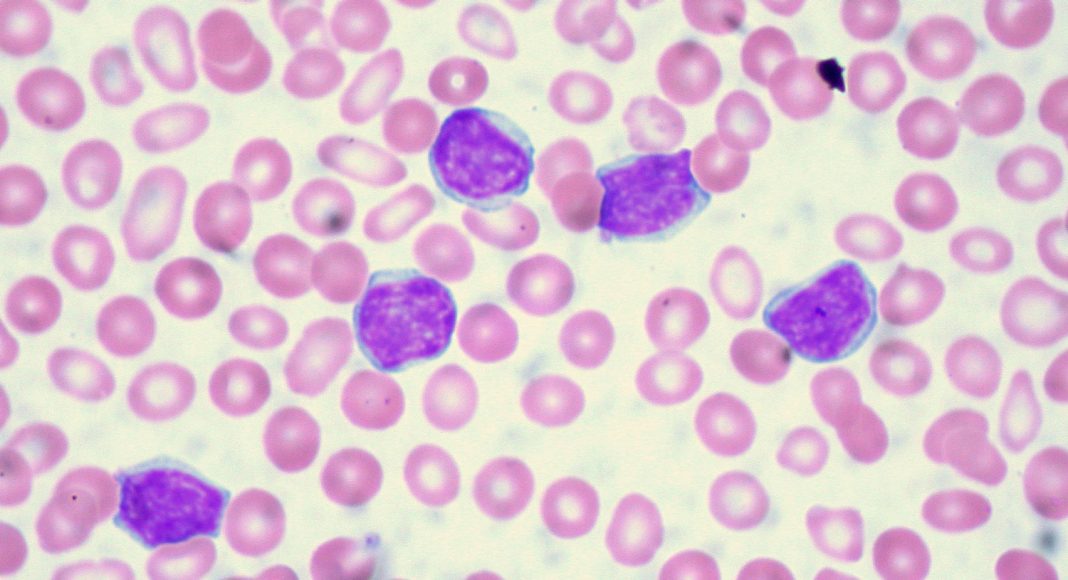Leukemia is the cancer attributed to attacking bone marrow and blood. Most importantly, leukemia attacks white blood cells, which are part of the immune system. A healthy immune system = strong protection against infections.
-
Related Story: Little-Known Health Effects Of Medical Marijuana
To be clear, Leukemia is an umbrella term for a wide variety of diseases. It can be chronic or acute and can be classified by its rate of progression or by the type of wbc’s that are impacted. The body’s own cannabinoid system, the endocannabinoid system has already proven to be receptive to forms of cannabis since the body carries it’s own cannabinoid receptors. And, it just so happens that these receptors are also found on white blood cells, which is positive news for leukemia patients, according to researchers.
A study from a research team in Virginia, published in 2002, revealed that THC and other cannabinoids have the “potent” ability to induce apoptosis in numerous human leukemia and lymphoma cells. That is, these compounds are capable of Programmed Cell Death (PCD) or in layman’s terms: cell suicide. The study also showed that THC has the ability to change the expression of the genes involved in the mitogen-activated protein kinase (MAPK), which is the pathway that leads to the uncontrolled growth in cancer. THC’s ability to manipulate this gene explains the cell suicide.
-
Related Story: Why Won’t My Doctor Prescribe Medical Marijuana For Me?
Another study from researchers in 2005 showed that THC has the power to evoke noticeable effects in six hours after its administered. In 360 minutes, the anticancer agents of THC had already begun to kick in. Also, in the three leukemia cell lines that were studied and tested, researchers revealed that cell suicide appeared in all three: 100 percent effective.


